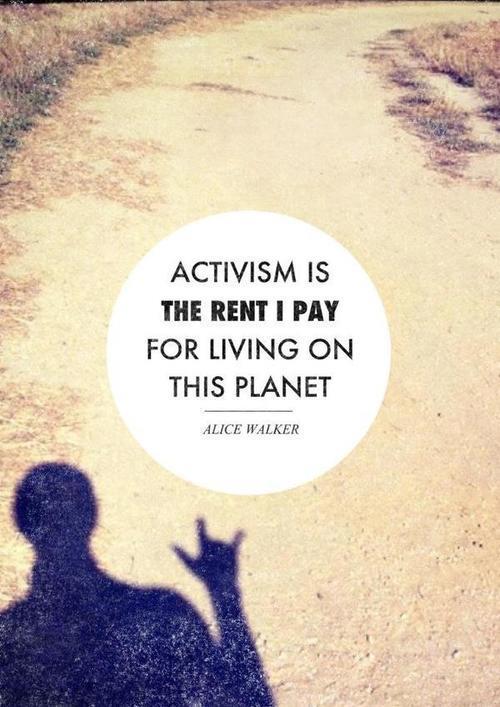Am I not analyzing why enough?
Adelina Richards
English 127H
October 22, 2012
Homophobia is so Gay
One day while walking home from school, I overheard two middle school girls talking. As they conversed, one slipped on a patch of ice and fell. “Ouch!” she cried, “This ice is so gay!”. I immediately stopped in my tracks, filled with utter shock. How could ice be gay? It wasn’t alive, it couldn’t form thoughts. In fact, it wasn’t even human. It beguiled me that a girl who couldn’t have been older than twelve had associated an inanimate object that caused her pain with the word gay. Although clearly the use of the word gay has changed drastically over time, what social and cultural shifts could have led to its derogatory use instead of its original meaning, happy?
In today’s society the word gay can take on many different faces. We more generally see a connection between the word gay and homosexual culture, and depending on the context, it has been used as an adjective or a noun. As a noun, it is has stemmed as a source of pride in one’s sexual orientation, as well as a means of identification. Many homosexuals refer to themselves as gay, because queer is too insulting, and homosexual reminds many of the connotation that homosexuality is a mental disease.It wasn’t removed from the Diagnostic and Statistical Manual of Mental Disorders (DSM) until the 1970s, and was highly protested since the term homosexual was based too much on the sexual orientation rather than the emotion and love that binds a homosexual relationship. Seeing as queer was derogatory, and heterosexual too clinical, it was found to be better to identify oneself using a word that was earlier associated with words such as carefree and happy. In many newspaper articles, reporters will refer to the homosexual community as the gays, and are prompted to do so according to the GLAAD media reference guide.In this guide, it was highly stressed to replace the word homosexual with lesbian or gay.This is surprising considering many homosexuals shy away from using gay as a form of identification because of the social issues related to it. For example, the suicide rates of teens who are bullied for being gay has sky rocketed. Also, many lesbians do not like being associated with the term gay because they see their lifestyle and choices to be different from that of homosexual males. Although they face the same kinds of segregation and hostility, they are still seperate and wish to be named as such. strict separation of gay versus straight, it seems that we label people as gay rather than actions as gay. (So and so from article) argues that the term gay should not be a form of identity, but a way to describe a life style and actions associated with that life style. For instance, in the case of civil rights, it is not socially acceptable to call a group of African Americans “Blacks”, it is preferred for you to call them black people.
The word gay first appeared in 1325 by G.L. Brooke in order to compliment a woman, its original meaning. It shifted from noble and beautiful to showy and finely dressed or happy and carefree in the 1400s. This shift could be akin to the relationship between beauty and happiness and being well dressed. The late 1700s brought this definition to describe poetry as the gay science, since it was a beautiful, almost carefree science.Henceforth, the word did not have a connection to any form of sexual immorality until around the 1800s.
In the 1800s, the term gay was used to describe a person who were involved in carefree sexual actions. Since the term meant carefree and frivolous, it was then used as a description of this style of sexuality, and mainly included prostitutes and womanizers. Many a time would a flirty guy be called gay for the lawls. In fact, the only relation of the term and sexuality was in a heterosexual context until around the 1920s. Here, Gertrude Stein writes”They were …gay, they learned little things that are things in being gay, … they were quite regularly gay.” about two women in a homosexual relationship. Many speculate on whether she is referring to them as lesbian or just being happy in general (as was the trend in the lost generation in Paris). Due to many cases of this ambiguity, for a few more decades it continued to simply mean carefree. This is evident in movie titles of the era such as “The Gay Divorcee”, a 1934 movie about a heterosexual couple.
On the other hand, slowly over time gays began to use the term as a form of identity in an underground way such that the heterosexual community was unaware of its connotation. For example, in West Village, NYC there’s a street that was known as “Gay Street” by many homosexuals. It was a center of homosexual culture in the 1940’s, and the phrase “Are you gay?” was code for asking if someone was homosexual. Eventually, the term in relation to homosexuality was embraced by the heterosexual community as well, since the connotation wasn’t offensive, and was almost praising homosexuality.
The use of gay as a derogatory word meaning lame or stupid originated in the United States, and is to this day most popular in a majority of US high schools. Its first recorded use was in 1978, where an outfit that made a character look stupid was referred to as gay. It is assumed that the term used in this sense is now not related to homosexuality, however it probably evolved from offensive use of the term gay in forms of bullying. So even though it’s usually said casually, it can have malicious effects on the young gay population. David Phillips comments, “Consider a teenage boy or girl, just coming to terms with themselves and hearing the common term describing their sexuality – gay – being used as a synonym for something uncool, “sad” and disappointing”.
Henceforth, there has been a recent effort to eradicate the dubious use of gay. On May 31st of this year, A New York Times article was published about a court ruling concerning the term gay as a defamatory term. The court ruled that falsely calling someone gay could no longer be taken to court as slander because there is no negative association with the word gay, and being called such should not make one feel disgraced. However, throughout time different words have emerged to describe homosexuals in a shameful manner. Some speculate that once gay rights activists have eliminated the derogatory use of the term, another will simply take its place. It is human nature to bully and to hurt, which is why terms like ‘queer’ and ‘faggot’ exist. Before kids were being made fun of for being gay, they were made fun of for their sex, or skin color. Humans hate what is different, and it scares them, causing them to lash out at innocents. For example, the German word equivalent to gay, schwul, is also used by teens to describe something boring and lame. This nonchalant usage of a term that can be hurtful is hurting out youth in ways unimaginable.
This usage is changing the way young people think and react to the world. Although the little girl was probably not thinking of homosexuals when she was angry at the ice, imagine what it would be like to be a gay kid passing by and hearing those words. Being compared to an inanimate object that just caused pain could add an extra stress to developing his sexuality, and could cause him to become like Jeffery Dahmer. It’s hard to make everything we say politically correct, and because of this, many casually use a word associated with identity and pride to describe something bad. Overtime, the word gay has evolved from a compliment to women to a word describing all things homosexual through different stages of society’s views on homosexuality. It is shocking to recognize that there was a time where politicians invisioned gays as people with horns, and that homosexual love was once known as the love that could not speak its name. Now it is spoken, loud and proud.








